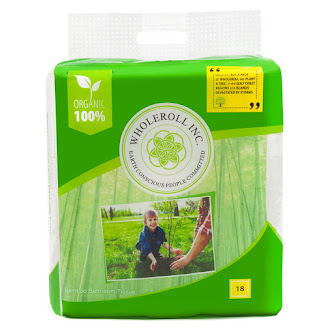How to Make Organic Soap and the Benefits of Using it
Friday, November 03, 2017
The industrial way of
making soap uses several chemicals, dyes, and fragrances that can cause
irritation and allergic reactions in different people. Indeed, some
industrially made soap is made of dubious compounds that are also used in
herbicides and pesticides. What you may not be aware of is that toxins can seep
through the skin and accumulate in your body with long-term damaging effects.
Handmade organic soap is fairly easy to make as most of the ingredients
required are readily available nowadays. Basically, the formula for making a
soap involves bringing together an alkali (lye is commonly used), and fats. For
organic soap, natural oils like coconut oil are preferred.
What you will need
·
A source of fats -
You could use coconut oil, Shea butter, cocoa butter, avocado oil, castor oil,
mango butter, or goat’s milk.
·
Lye (sodium
hydroxide) – The crystal form is best
for domestic handling
·
Glass jars and
bowls or plastic cups
·
Wooden spoon
·
Spatula
·
Metal spoon
·
Protective gear
including gloves and eyewear
·
Digital scale
·
Soap molds to give
shape to your soap
·
White vinegar –
This comes in handy to neutralize the lye when it spills'
Soap additives
These are the ingredients
that that give scent, color and texture to your soap.
·
Scent additives –
Essential oils like lavender, rose oil or spearmint
·
Color additives –
Use natural color sources like turmeric, ground coffee or cocoa
·
Texture additives –
Freshly ground coffee and ground dried herbs are also good for giving texture to the soap
Methods of making
There are 3 main methods
to hand make soap:
- · Melt and pour – This method uses melt and pour kits to give your soap shape
- · Hot process – Heat is used to make saponification more effective
- · Cold Press- Produces the highest quality soap but takes a little bit longer
Benefits of organic soap
- · Non-toxic - By using natural ingredients only, you ensure that no toxins will be in the soap that can get in through the skin
- · Glycerin – This byproduct of the soap making process is very good for the skin. In handmade soap, it is retained in the soap while in commercial soaps it is skimmed off.
- · Custom made – You can make the soap in whatever shape, color and scent you prefer. You can play around with the formula to get the perfect product
- · Non-allergic – If you have sensitive skin, organic handmade soap will be the perfect skin care product for you. It is possible to work by elimination method to get suitable that is right for your skin.









0 comments